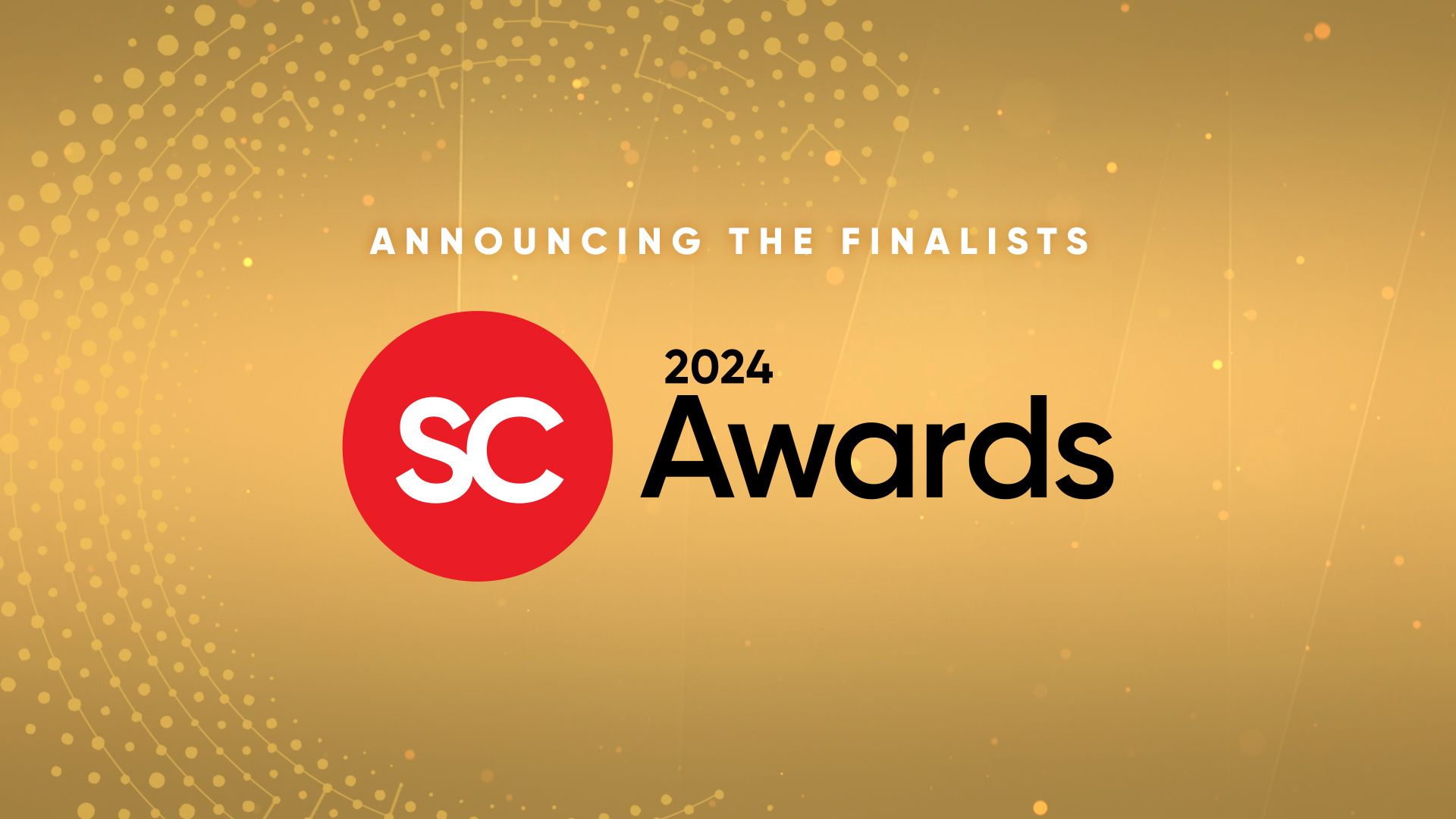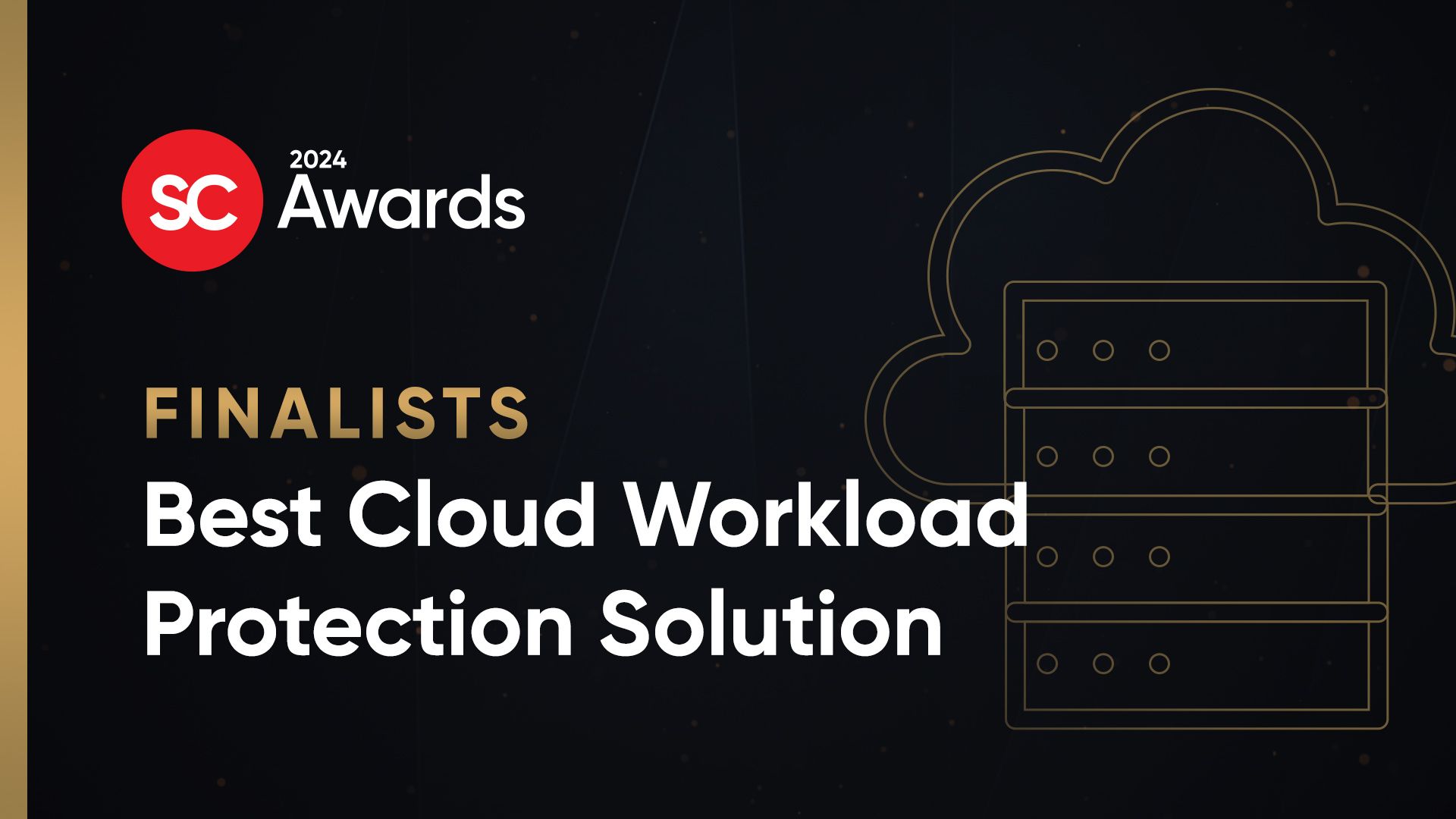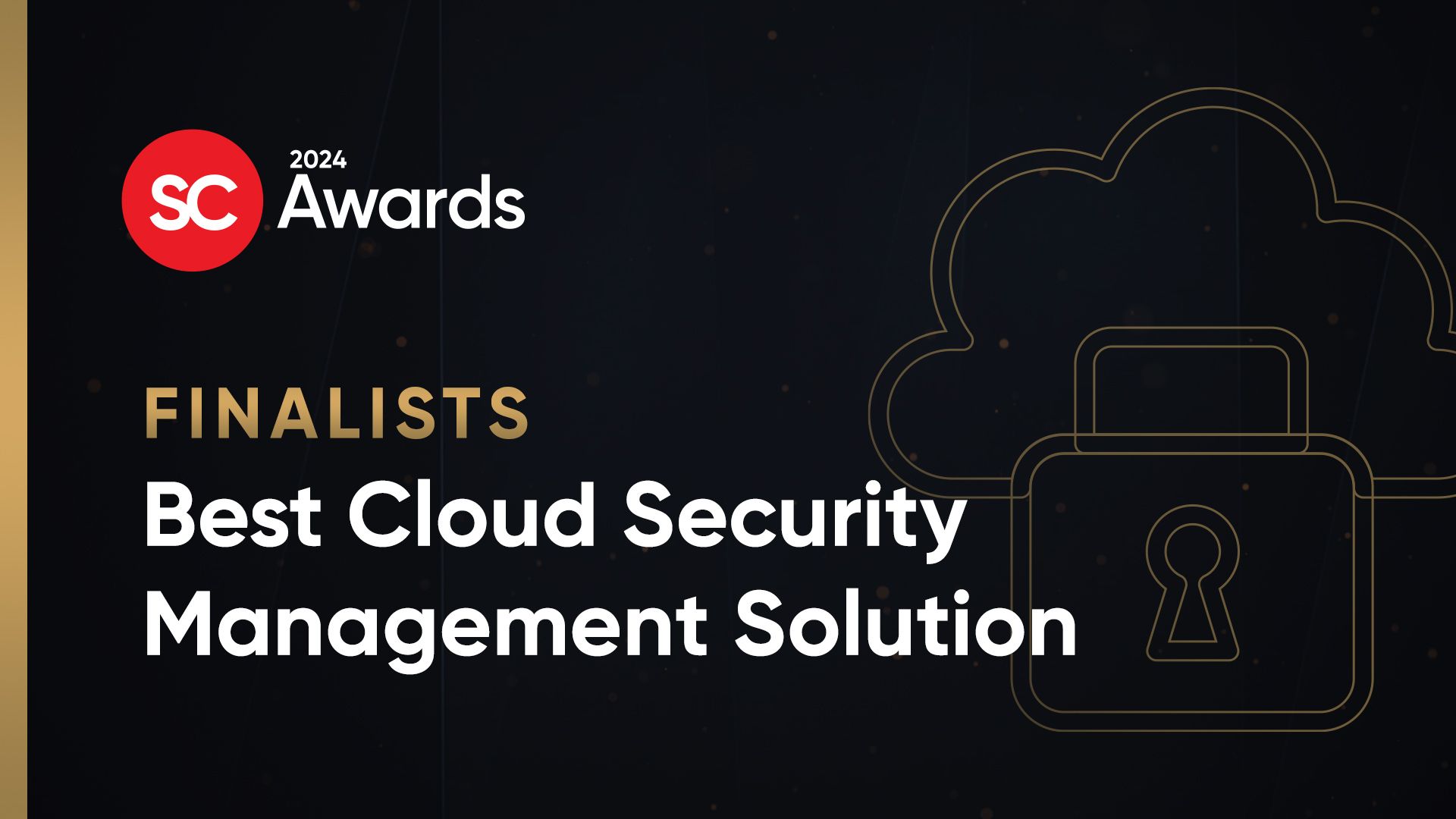A privacy officer at a global company found a way to collaborate efficiently at a top level, while ensuring the protection of company assets, reports Greg Masters.
Kristen Knight's work as senior privacy officer at Philips Electronics North America provides significant challenges in an ever-evolving environment – both with regard to innovation and regulation. A good deal of her time is spent figuring out how best to meet the international privacy requirements that impact the company's business and its customers.
Headquartered in the Netherlands, Philips employs more than 120,000 people with sales and services in more than 100 countries worldwide. With sales of $29.2 billion in 2010, the company is a market leader in electronic devices for medical and home health care, lighting and portable entertainment.
Keeping data flowing among an international workforce and its customers raises a number of logistical challenges, but the top priority for Knight these days centers around privacy issues. She uses both internal and external resources to keep a finger on the pulse of changes in the privacy realm and how those changes may affect Philips' business and its customers.
Cloud computing, for one, has become a top challenge because of European restrictions on the use of cloud service providers and how to juxtapose those with increased globalization of data-processing activities. There's no doubt that enterprises are migrating a good deal of their network operations to the cloud, recognizing the potential in cost savings and the convenience it offers in linking employees scattered everywhere around the globe. But, while the momentum is certainly in its favor, for those attuned to the security risks involved, cloud implementations raise a number of new alarms regarding privacy and compliance.
With social media, the challenge has been to find the the right balance to enable appropriate use while balancing that with privacy concerns.
Of course, the use of mobile devices and apps in the workplace has risen as a security concern. The challenge here, she says, is to take advantage of these technologies, but remain in compliance with data protection requirements.
 As a global company, Knight (left) says Philips must grapple with multinational issues, such as the delivery of service issues and varying compliance issues across borders.
As a global company, Knight (left) says Philips must grapple with multinational issues, such as the delivery of service issues and varying compliance issues across borders.
Too, as far as compliance, she says there is a continual need to re-evaluate HIPAA. For her, this process starts by focusing on technical and security controls, but now this regulation must accommodate a complex set of issues as the industry is looking at things like de-identification and what is personal and what is not.
"In other words, you can't dump data all in the same bucket, whether it's health care information or not," she says. "We are watching key things, including FTC and federal and state consumer protection decisions that will be key to our approach," she says.
But, keeping tabs on all the restrictions, laws, regulations and industry best practices governing data protection, especially internationally, can be a daunting task. "We are all extremely busy these day just trying to keep up with ever-shifting privacy compliance environment, and our own, personal time constraints," she says.
The power of collaboration in addressing these issues cannot be emphasized enough, she says. "No one privacy officer can get to all the information they need. So targeted, focused collaboration has become a key component of being successful."
The point, she says is that when you're not sure, you can use the power of a group of experts to brainstorm, get new insights and make decisions – especially when a new regulation comes up.
She went looking for a solution that would allow her to perform these tasks most effectively. It was clear to her that making the business case for collaboration would enable better connectivity and more efficient engagement resulting in increased productivity.
"Targeted collaboration among senior privacy people is an enormous help to productivity," she says. "It saves a lot of time with quality results. Also, collaboration lets me better solve problems and get very practical insights from others that frankly I can't get anywhere else today."
"Like many, I've used numerous solutions for collaboration with colleagues, such as email, trade shows, conferences, LinkedIn groups and other online forums, Knight says.
But, these options were proving insufficient. There was too much data to sort through with little of it relevant to her focus.
"I looked at Wisegate because it is a different approach – a private sharing forum that makes it easy to connect and share with other senior privacy officers like me, anytime."
 Wisegate is an invitation-only community where senior privacy and IT professionals meet to solve problems with peers, says Sara Gates (left), founder and CEO of Wisegate. "By enforcing strict membership guidelines, which require a senior-level position and excludes vendors from joining, Wisegate is able to provide members with unmatched direct access to senior-level colleagues in similar jobs and high value content."
Wisegate is an invitation-only community where senior privacy and IT professionals meet to solve problems with peers, says Sara Gates (left), founder and CEO of Wisegate. "By enforcing strict membership guidelines, which require a senior-level position and excludes vendors from joining, Wisegate is able to provide members with unmatched direct access to senior-level colleagues in similar jobs and high value content."
Wisegate's mission, she says, is to make members' jobs less stressful and more productive – and even more fun – by providing a place where professionals can meet and solve problems within a closed community of highly qualified peers.
It is far easier to connect with colleagues on Wisegate than it is using email, Philips' Knight says, adding that unlike trade shows and conferences, she can connect anytime – and with the added benefit of not having to travel.
"Online forums and LinkedIn groups are way too noisy and have too many vendors," she says. "It can be difficult for me to find the people or information I need there. Wisegate instead is a private community. They only allow senior-level professionals and do not allow vendors. That makes it much easier to connect directly with other senior-level privacy professionals to share insights and get the practical input I need – and, to share my own experiences."
Wisegate is like a dial-tone, she says, always on. And, having that ability to reach others like herself and to pose questions and share experiences helps save a huge amount of time. She points particularly to her ability when on the site to take a pulse of what others are doing to mitigate risk. "Plus, it is a great value," she adds.
 Wisegate is different for a few reasons, Gates says. "First, if you sell anything to our members, you are not allowed to join. There is no selling on Wisegate. This means that the noise level is very low and the help level is very high."
Wisegate is different for a few reasons, Gates says. "First, if you sell anything to our members, you are not allowed to join. There is no selling on Wisegate. This means that the noise level is very low and the help level is very high."
It also is different because users have to qualify to join, and qualifying means one is at a senior level and their work environment is big and complex.
Also, Wisegate is specifically structured to help its members in their day-to-day jobs and decisions, Gates says. "So, it is not a free-for-all forum environment, but a specifically structured site with a goal to help get information to our members quickly."
She says the forum's match-making service allows members to match questions with experts and bring together people who are in similar jobs. "Everyone's boss is always asking them, 'What are others in our industry doing about (fill in issue du jour here)?' We make it easy for members to answer that question by simply taking 30 seconds to pose it," she says.
Another key difference, she explains, is that the site is serving senior technologists who are always busy, so member concierge services are available to make it easy for them to contribute and get answers.
"With this service, they talk and we take care of posting for them, and members can email questions and answers and we take care of getting them answered and back to the member," Gates says.
The targeted collaboration Wisegate provides gives Philips' Knight more exposure to the approach that others are taking to the ever-changing regulatory environment.
"For example, as the FTC moves ahead with requirements around mobile devices and geolocation, etc., I will look to the Wisegate community for brainstorming around various approaches," she says.
The “anti-social, social network,” is an ideal, time-saving and appropriate response to the trend in social media and the increase in privacy professionals, says Knight. "I love the ease of access to information and the always-on nature of the community."
And, the offering is regularly updated with new features and fixes, without the need for end-users to make any changes to their settings or environment, adds Gates.



